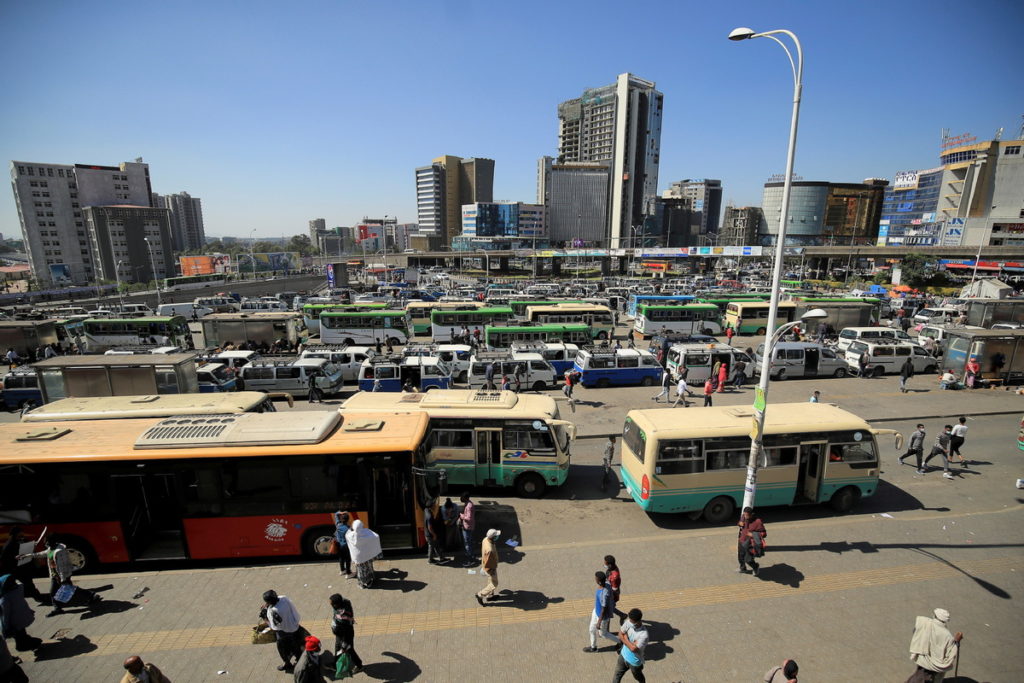Sub-Saharan Africa’s economy is expected to grow by 3.6 percent this year and 3.8 percent next year, a World Bank report said on Tuesday.
The region’s growth would be affected by the COVID-19 pandemic, reduced policy support and policy uncertainty and a worsening security situation in some countries, the report claimed.
Growth in Ethiopia is expected to reach 4.3 percent this year and 6.5 percent in 2023, while Kenya’s economy is projected to expand by 4.7 and 5.1 percent in 2022 and 2023 respectively.
Growth in South Africa is forecast to moderate to its pre-pandemic trend, being held back by structural impediments and elevated levels of public debt.
Across the Sub-Saharan region, the pandemic has set back progress on poverty reduction and key development goals, reversing more than a decade of gains in per-capita income in some countries, the report said.
“In over a third of the region’s economies, including Angola, Nigeria, and South Africa, per-capita incomes are projected to remain lower in 2022 than a decade ago.”
Last year, the output in Sub-Saharan Africa grew by an estimated 3.5 percent, driven by a rebound in commodity prices and an easing of social restrictions.
However, the recovery remains fragile and insufficient to reverse a pandemic-induced increase in poverty and the threat of recurrent COVID-19 outbreaks lingers.
“The services, tourism and manufacturing sectors have been adversely affected by the pandemic, while sustained losses to incomes and employment and elevated inflation have held back a recovery in consumer spending,” it said, adding a rise in security-related challenges restrained investment spending.
Policy space to support recoveries has narrowed further across the region owing to increasing public debt levels and lost fiscal revenue, the report said.
Source: CD
